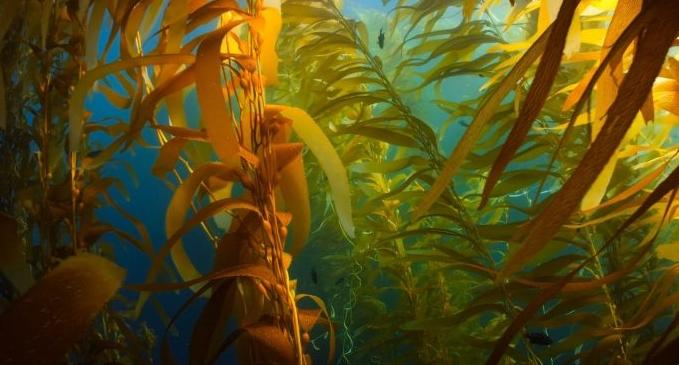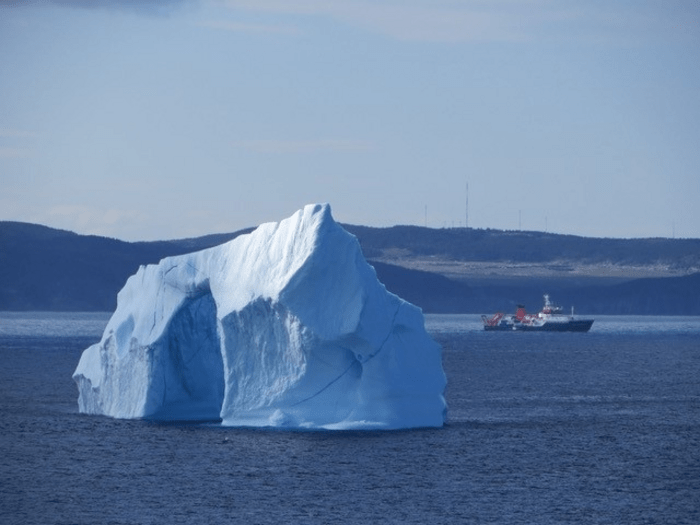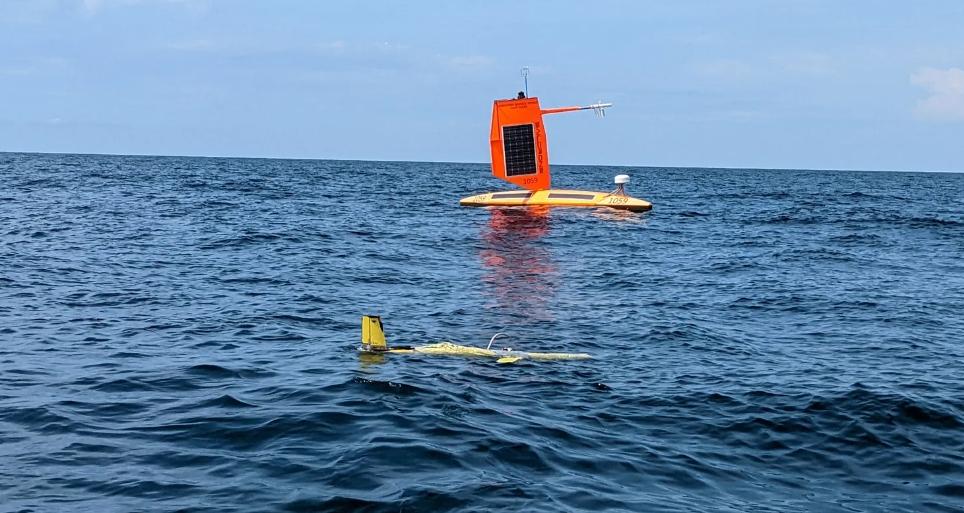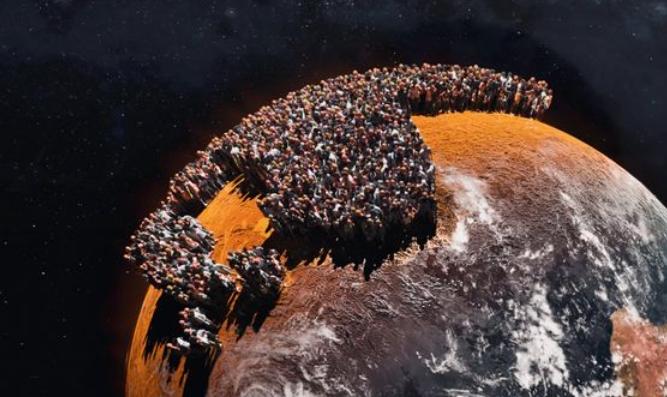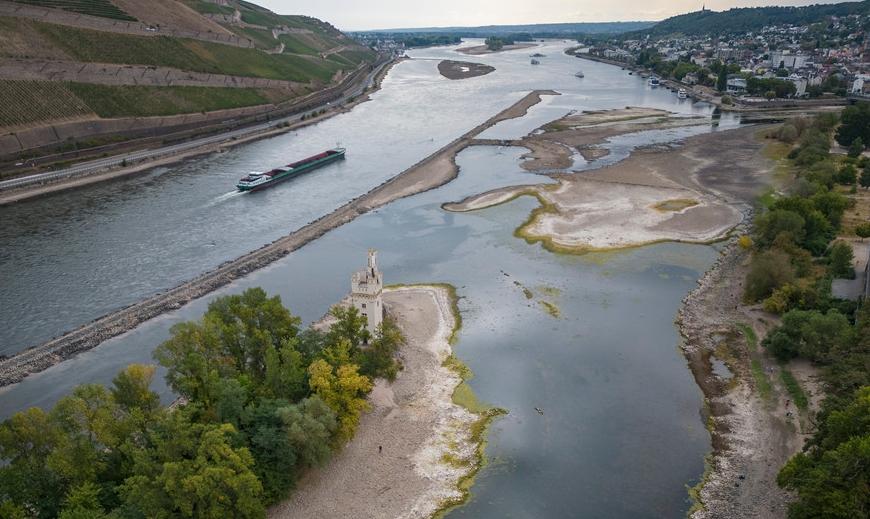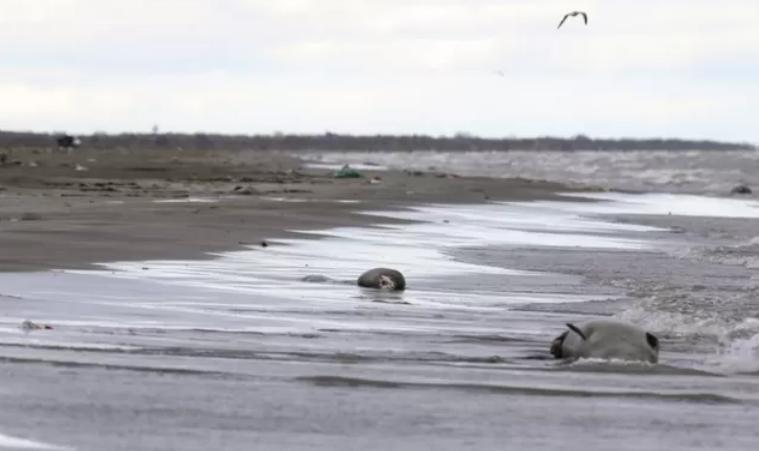Enhanced Ocean Current Prediction Through Machine Learning
In the study of ocean currents, scientists typically deploy GPS-tagged buoys and measure their velocities to reconstruct the underlying currents that transport them. This collected data also aids in detecting regions where water ascends from the depths or descends beneath the surface, phenomena referred to as “divergences.” Through precise current predictions and the identification of …
Enhanced Ocean Current Prediction Through Machine Learning Read More »


